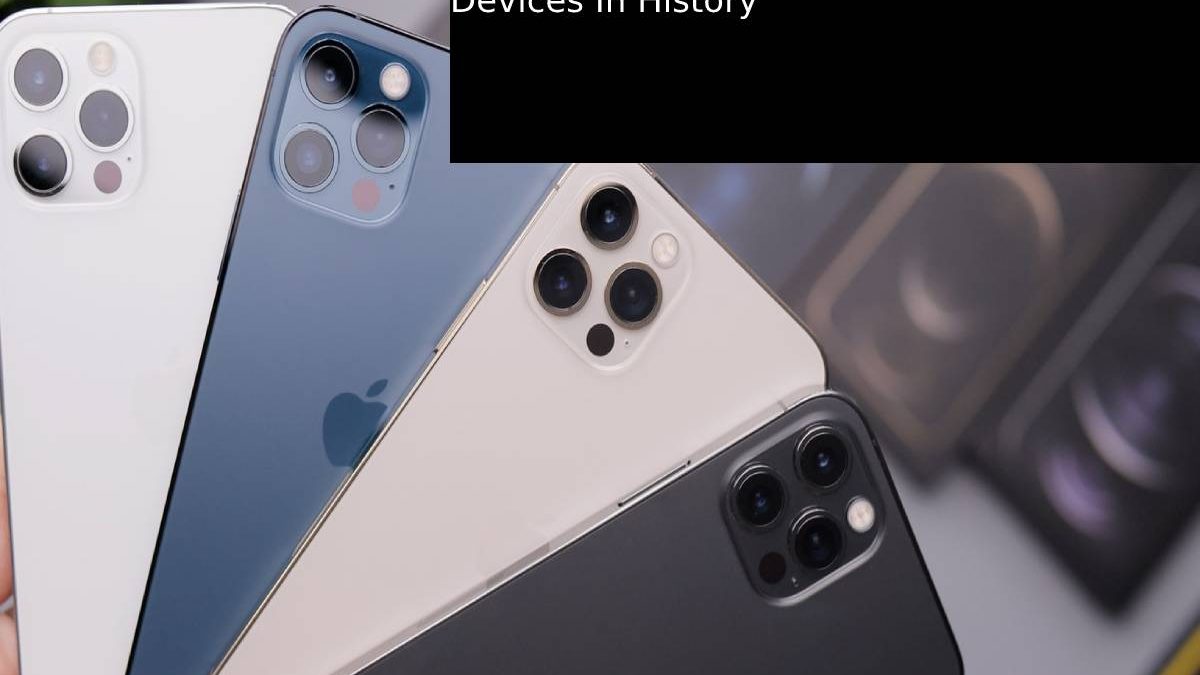Smartphones are important in part because of their ubiquity. They have become the best-selling devices in history, surpassing the growth of the basic cell phones that preceded them. They sell for four times more than PCs. Today, about half of the adult population owns a smartphone; by 2020, it will be 80%. Smartphones have also permeated all areas of daily life. The average American forgot in one for more than two hours every day. British teenagers chose mobile devices over TVs, PCs, and gaming consoles when asked which media they would miss the most. Nearly 80% of smartphone owners check messages, messages, or other services within 15 minutes of getting up. Around 10% admit to using the device during intercourse.
The bedroom is just the beginning. Smartphones are more than convenient access to the Internet, just as cars are more than engines on wheels, and clocks are not just a means of counting the hours. Just as cars and watches once did, today’s smartphone is poised to enrich lives, reshape entire industries, and transform societies in ways Snapchat teenagers can’t imagine.
Table of Contents
Phono Sapien
The transformative power of mobiles comes from their dimensions and connectivity. Their size made them the primary truly personal computers. The phone receipts the processing power of yesterday’s supercomputers – even the simplest model has access to more digital processing power than NASA had when it sent humans to the moon in 1969 . Since 2005, the cost of deploying a wireless megabyte has gone from $8 to cents. He falls again. That boring old PC on your desk doesn’t know much about you. But phones travel with you: you know where you are, what websites you visit, who you’re talking to, even when you’re healthy.
Best-selling gadgets in history Reasons For Smartphones
The mixture of size and connectivity means this information can be communal and combined, connecting the realms of bits and atoms professionally and personally. Uber connects available drivers with nearby fares at lower prices; Tinder connects people with potential dates. In the future, your phone could recommend a career change or schedule a doctor’s appointment to get your heart murmur treated before you know something is wrong.
As with all technology, this future raises several concerns. Some, like “text necks” (bending over a smartphone strains the spine), are temporary. Others, like an addiction—smartphone users display “nomophobia” when they come up empty-handed—are just as helpful as addiction. After all, people also hate being without their bike or their watch.
The bigest fear is about privacy. The smartphone makes the person next to you the potential editor of your most intimate or embarrassing moments. Many app providers who know a lot about you sell data without properly disclosing it; Mobile privacy policies regularly rival Hamlet in length. And if the leaked documents are true, GCHQ, the UK’s intelligence service, managed to hack into a major SIM card provider to intercept people’s calls (see page 23). If the spirits of democracies do these things, rest assured that the spirits of authoritarian regimes will do the same. Smartphones will give dictators unprecedented latitude to spy on and corner their unwitting subjects.
The Naked App
However, these privacy threats come with three advantages. First of all, autocrats will not have everything they want. Smartphones are the way to bring billions more people online. The cheapest of these are now selling for less than $40, with prices expected to drop further. The same phones that governments spy on their citizens also record official brutality and transmit dissenting information and opinions. They stoke demands for autonomy and help to regroup protest movements. An apparatus that gives so much power to the separate has the potential to challenge authoritarianism.
The second advantage is all that personal data that companies value so much. The mainstream social sciences have hamper by the limited datasets they could collect. Smartphones are digital counters that create a more detailed picture of society than ever before and in real-time. Within the framework of relevant regulations, anonymized personal data can be used, among other things, to optimize traffic flows, prevent crime, and fight epidemics.
Best-selling gadgets in history Reasons For Smartphones
The third stroke of luck is economical. Smartphones will transform entire industries at unprecedented speed. Some studies show that in developing countries, every ten additional mobile phones per 100 people increase the growth rate of GDP per capita by more than one percentage point, for example, by attracting people into the banking system. Uber is a household name that operates in 55 countries but has yet to celebrate its fifth birthday. Founded in 2009, WhatsApp already processes 10 billion more messages per day than the global SMS text messaging system. The phone is a platform, so setups can inexpensively build an app to test an idea and then quickly go global if people like it. Therefore, it will unleash creativity on a planetary scale.
Cutting-edge technologies naturally pose difficult questions for society, especially when people adapt. Smartphones are no different. If citizens are not protect from prying eyes, some will suffer, and others will turn their backs on them. Governments need to define what is acceptable. Societies will have to develop new standards, and companies will learn to balance privacy and profit. But in eight short years, smartphones have altered the world, and they’ve only just begun.
Helpfull Resources
Allsmo.com Instagram
joinpd.com join
www.tnresults.nic.in 2022
Black Market
top follow
jagattech


